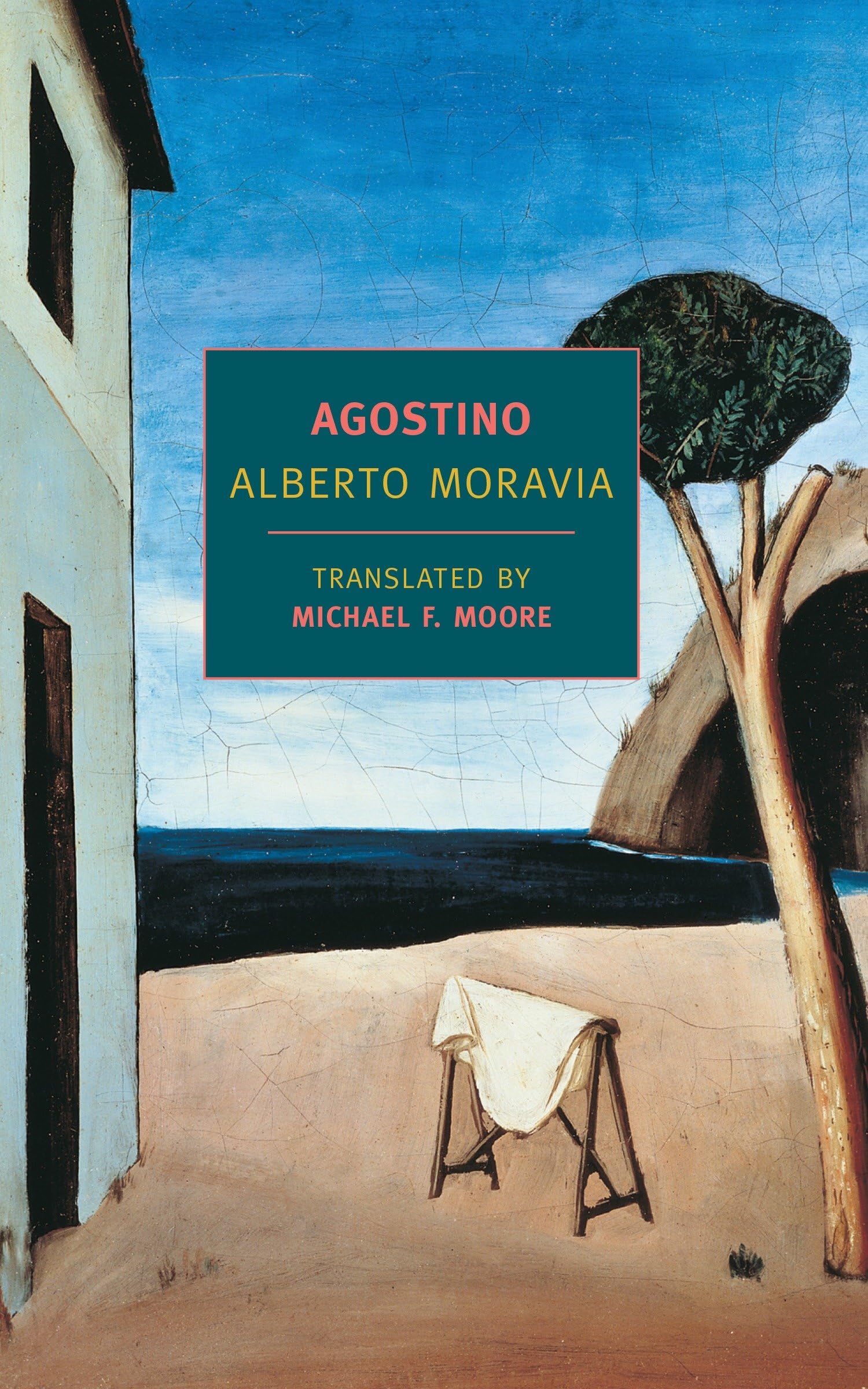
Contempt
Book Description
Love, betrayal, and the crushing weight of ambition collide in 'Contempt,' a haunting exploration of a marriage strained by the ruthless world of filmmaking. As a struggling screenwriter delves into his work, he becomes ensnared in a web of jealousy and disillusionment. His once-passionate wife drifts away, consumed by her own doubts and desires. With every twist and turn, the barriers of trust fade, revealing the raw vulnerability beneath their façade. Can love survive the brutal scrutiny of success, or will it be devoured by contempt? When desire and ambition clash, where do loyalties lie?
Quick Book Summary
"Contempt" by Alberto Moravia is a tragic and psychologically acute novel about the unraveling of a marriage. Set against the glamorous but superficial backdrop of Rome's film industry, the story follows Riccardo Molteni, an intellectual screenwriter, and his wife, Emilia. As Riccardo reluctantly becomes embroiled in rewriting a script at the behest of a domineering film producer, his personal and professional inadequacies begin to erode the foundations of his marriage. Emilia, sensing her husband's growing distance and obsession with professional success, withdraws emotionally, and ultimately, contempt replaces love. Moravia's incisive prose exposes the emptiness of ambition, the corrosiveness of jealousy, and the inevitable collapse of relationships built on misunderstanding and pride, making "Contempt" a powerful meditation on human desires and failings.
Summary of Key Ideas
Table of Contents
Marital Alienation and Emotional Disintegration
The novel introduces Riccardo Molteni, an aspiring intellectual and screenwriter, and his wife Emilia. Their marriage, once loving, is beset by growing emotional distance as Riccardo prioritizes his career ambitions over his wife's happiness. The pressure to succeed, combined with his deep-seated insecurities, prevents Riccardo from addressing or understanding Emilia’s changing feelings. Their relationship becomes increasingly fragile as communication falters and misunderstandings deepen.
Ambition and the Cost of Success
Riccardo is swept into the orbit of Battista, a wealthy and crass film producer. Battista, representing the commercial excesses of the film industry, enlists Riccardo to rewrite a screenplay of Homer’s Odyssey for a director loosely based on Fritz Lang. Riccardo becomes torn between artistic integrity and financial necessity. This work, rather than bringing him closer to fulfillment, only highlights his sense of inadequacy, and his frustrated ambitions compound his personal failures.
Jealousy, Insecurity, and Pride
Jealousy and pride play a pivotal role in the deterioration of Riccardo and Emilia’s marriage. Riccardo is consumed by suspicion that Emilia no longer loves him and is possibly attracted to Battista. His inability to trust her, combined with his own unspoken feelings of rejection, leads him to act distant and defensive. Misinterpretations and lack of honest communication accelerate the marriage’s demise, turning affection to bitterness.
The Illusion and Reality of the Creative Life
The book also interrogates the broader illusions prevalent in the film world, contrasting the characters’ creative aspirations with the commercial reality of filmmaking. Riccardo’s dreams of artistic achievement are constantly thwarted by economic pressures, superficial relationships, and the demands of mediocrity. Moravia uses this environment as a metaphor for the characters’ inner lives—glittering surfaces hiding emptiness and disillusionment.
The Limits of Communication
As the novel concludes, Riccardo’s desperate attempts to recapture Emilia’s love prove futile; she drifts irrevocably away into her own despair and independence. The marriage disintegrates, overwhelmed by misunderstandings and wounded pride. Moravia closes with a bleak meditation on the limits of human connection: passion becomes contempt, and love cannot survive where communication fails and ambition supersedes affection. "Contempt" thus stands as a searing portrait of loss, pride, and the costs of self-delusion.
Download This Summary
Get a free PDF of this summary instantly — no email required.





